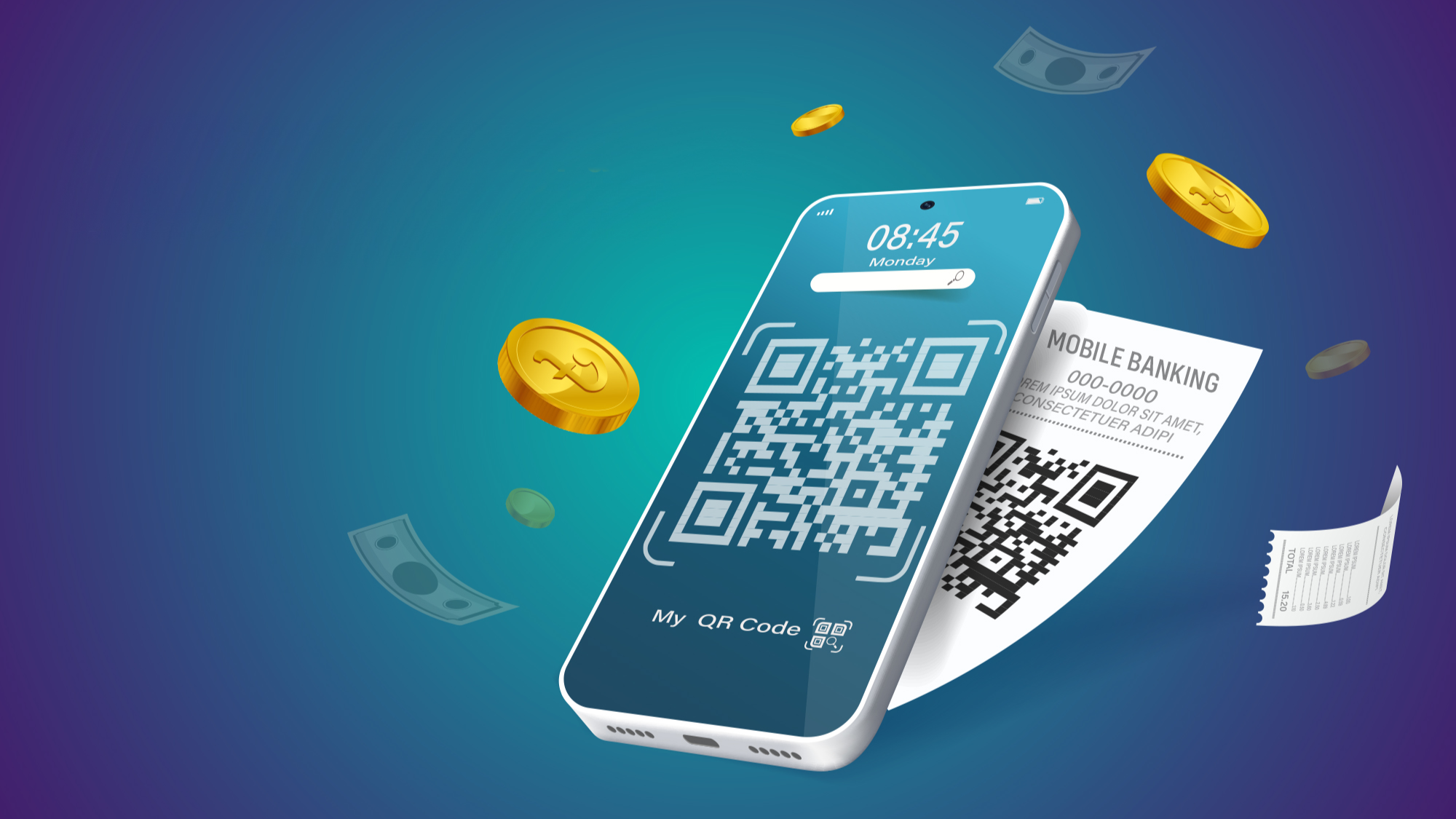Embracing Digital Payment Transformation: Bangladesh’s Path to Financial Inclusion
In recent years, Bangladesh has been experiencing a significant shift towards digital payment methods, marking a transformative journey in its financial landscape. With the rise of technology and changing consumer behaviors, the country is witnessing a rapid adoption of digital payment solutions, revolutionizing the way people transact and interact with money. This digital payment transformation, driven by innovative fintech companies like SSLCOMMERZ, is not just reshaping the financial ecosystem but also fostering financial inclusion and economic growth.
The Rise of Digital Payments
Bangladesh, once predominantly reliant on cash transactions, is now swiftly moving towards digital payments, buoyed by factors such as increased smartphone penetration, expanding internet connectivity, and government initiatives to promote a cashless economy. This paradigm shift is evident across various sectors, including retail, e-commerce, utilities, transportation, and even remittances.
Key Drivers of Transformation
Several factors have propelled the digital payment revolution in Bangladesh:
Fintech Innovation
Fintech companies like SSLCOMMERZ have played a pivotal role in introducing innovative payment solutions tailored to the needs of the Bangladeshi market. From mobile wallets to online payment gateways, these platforms offer convenient, secure, and efficient ways to transact digitally.
Government Support
The government of Bangladesh has been actively promoting digital payments as part of its broader agenda to modernize the financial system and foster economic development. Initiatives such as the National Payment Switch Bangladesh (NPSB) and the Bangladesh Automated Clearing House (BACH) have facilitated interoperability and streamlined electronic transactions.
Changing Consumer Behavior
With the advent of smartphones and the internet, consumers are increasingly embracing digital lifestyles, including online shopping, bill payments, and mobile banking. The convenience, speed, and security offered by digital payment methods have made them the preferred choice for many.
COVID-19 Pandemic
The global health crisis accelerated the shift towards digital payments as people sought contactless alternatives to traditional cash transactions. This forced businesses and consumers alike to adapt to digital channels, further fueling the growth of the digital economy in Bangladesh.
Impact on Financial Inclusion
One of the most significant outcomes of Bangladesh’s digital payment transformation is the enhanced financial inclusion it has brought about. By providing access to formal financial services for previously unbanked or underbanked populations, digital payment platforms are empowering individuals and businesses to participate more actively in the economy. Moreover, the digitization of government disbursements, social welfare payments, and remittances has helped reduce leakage, improve transparency, and ensure that funds reach their intended beneficiaries promptly.
Future Outlook
As Bangladesh continues its journey towards becoming a digital economy, the outlook for digital payments remains promising. With ongoing technological advancements, increasing collaboration between public and private sectors, and growing consumer awareness, the adoption of digital payment solutions is expected to surge further in the coming years. This bodes well for the country’s economic growth, financial inclusion objectives, and overall development agenda.
Conclusion
In conclusion, the digital payment transformation unfolding in Bangladesh represents a pivotal moment in the country’s economic evolution. By leveraging technology, fostering innovation, and promoting financial inclusion, Bangladesh is laying the groundwork for a more inclusive, efficient, and resilient financial ecosystem. As more stakeholders collaborate to overcome challenges and seize opportunities, the future of digital payments in Bangladesh appears brighter than ever, heralding a new era of prosperity and progress for all.




